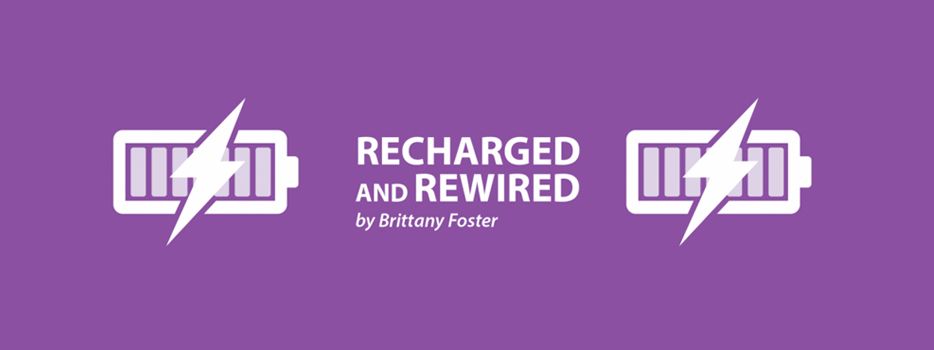Chronic Illness Helped Me Justify Keeping Trauma a Secret
Written by |

Trigger warning: This column discusses sexual assault and rape. If you need assistance, please call the National Sexual Assault Hotline at 1-800-656-4673.
I left a procedure last week feeling shaky, unwell, anxious, and upset. The procedure, draining an ovarian cyst, unfortunately was unsuccessful. I found out shortly after waking up from sedation that it was impossible to drain it because of the density.
Getting a procedure done is always physically and mentally exhausting. The physical discomfort of my procedure slowly improved after a few days of rest. The emotional difficulty, however, is something I am still working through. It triggered thoughts of a trauma I have kept hidden.
Chronic illness has taught me to hope for the best but prepare for the worst, especially when it comes to surgeries. It always seems as if preparing for the worst lessens the blow when something goes wrong. In my mind, I have gotten good at convincing myself I “knew” the negative outcome would happen. This mindset works for a short time because it allows me to hide my feelings of emotional upset and anger.
Having OB-GYN procedures is upsetting and emotional for a number of reasons. Often, it takes time for me to recover my mental strength in the following weeks. After losing my fertility when I was 20 due to the removal of fallopian tubes damaged by scarring and endometriosis, seeing an empty space on ultrasounds where my ovaries and tubes once were is never easy. Knowing that I will never be able to have a child is a pain I wouldn’t wish on anyone.
These types of procedures and surgeries also are difficult due to a history of sexual trauma and sexual assault, which is what I’d kept inside me for so long.
I don’t talk enough about the emotional scarring that sexual assault caused for me. In a way, dealing with chronic illness and emotional hurt for so long helped me to silence the trauma that happened to my body and mind eight years ago, when I was a senior in college.
Chronic illness taught me that physical pain can be dealt with. It gave me a high pain tolerance, and sometimes even a silent acceptance of something that feels wrong or uncomfortable. For so long, I thought it was normal to want to hide my emotional pain so that others wouldn’t have to worry. I kept my anxiety and mental hurt a secret.
After I was raped, I chose to stay silent because it was how I managed all of my chronic conditions at the time. I was numb to hurting and to experiencing difficult emotions. It all began to feel like this new trauma was “just another thing.”
When I finally opened up to my therapist about what had happened, I remember speaking the words out loud and saying, “I was raped.” It felt foreign to say it, as if I wasn’t the one speaking it. Also at this moment I realized how much of a burden it was to hide my pain, both physically and emotionally.
I also realized the power that my words can have. I began writing poems about my experience, and I shared them with others. So many women and men reached out to me to thank me for speaking up. I soon discovered my love of writing, and how therapeutic it can be.
Chronic illness helped me to hide my sexual assault when it first happened. I easily convinced myself to hide my emotions, put on a “brave face,” and distract myself from the hurt. Now, my chronic illnesses have taught me to use my own voice. They have taught me to advocate for myself and for others who are survivors of abuse or sexual assault.
Words are powerful. Stories are inspiring. And I realize how much mine matters.
***
Note: Pulmonary Hypertension News is strictly a news and information website about the disease. It does not provide medical advice, diagnosis, or treatment. This content is not intended to be a substitute for professional medical advice, diagnosis, or treatment. Always seek the advice of your physician or other qualified health provider with any questions you may have regarding a medical condition. Never disregard professional medical advice or delay in seeking it because of something you have read on this website. The opinions expressed in this column are not those of Pulmonary Hypertension News or its parent company, Bionews, and are intended to spark discussion about issues pertaining to pulmonary hypertension.




Lori DePorter
You are an example of strength and courage. Sharing your story may touch someone's life in a way you may never know.
Stay strong. Stay fearless. Stay hopeful.